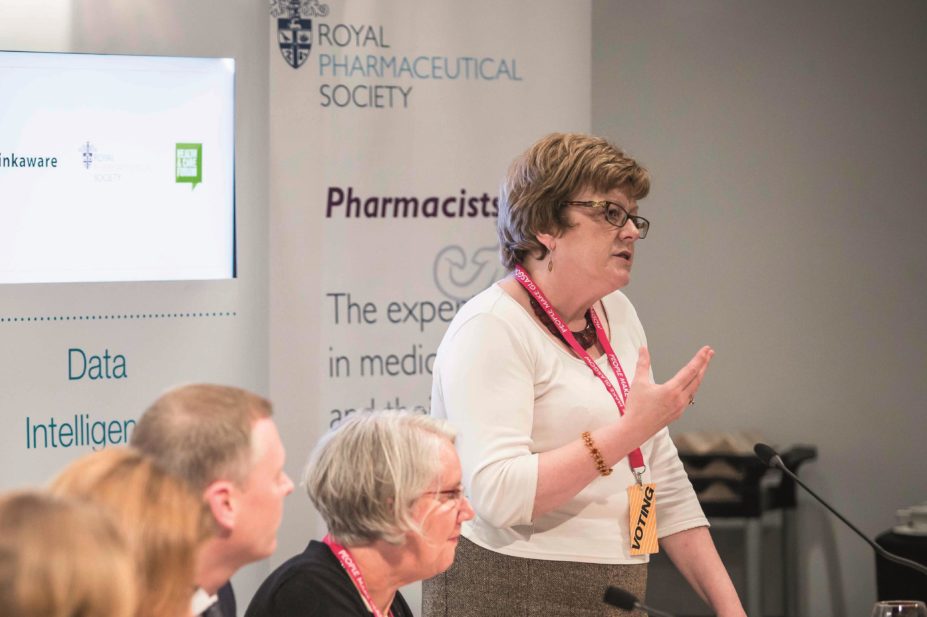
A few years ago I posed the question, “Is pharmacy an endangered species?”
I thought we had moved forward as a profession since then, so it was something of a shock to see the assertion in the ‘Now More Than Ever’ report that pharmacy’s future post-2020 is bleak if the profession doesn’t change.
Is it time to stop being nice and to start showing everyone that pharmacists mean business? If so, how do we deal with the real challenge of uniting the various organisations on a shared, core agenda?
There is much in the report that is positive, including an acknowledgement that the profession is ideally placed to help tackle the challenges facing the NHS.
Over the past 15 years the profession has made huge steps forward. In 2000, pharmacy didn’t warrant a mention in ‘The NHS Plan’, but now politicians, policymakers and patients talk positively about pharmacy and even more positively about its potential.
The English Pharmacy Board works exceptionally hard to engage with the wider healthcare system. We now have seats at many tables and, consequently, pharmacists are being widely mentioned in the context of easing pressures on urgent and emergency care, delivering public health messages and managing long-term conditions. Also, thought is being given to how GPs and pharmacists can work together.
Understandably, not everyone welcomes this agenda, which may feel radical to those who have invested a great deal in medicines supply and dispensing.
Simply put, some find the move to a profession that is primarily focused on delivering patient care threatening. In community pharmacy, both large multiples and independent contractors seem paralysed by a fear that changes to the contract will mean that the pharmacy supply function will be underfunded.
Supplying medicines is essential and will always need funding, but the reality is that the world, and the way people shop, is changing. The supply model will change but I don’t agree with those who automatically conclude that change will inevitably be underfunded.
Now, more than ever, we have to shout from the rooftops about our clinical and cognitive services: explaining the value of pharmacist input and showing how pharmacists can improve patient care.
The English Pharmacy Board has taken important steps to work with other representative bodies. Together we have to eliminate entrenched, protectionist attitudes. We have to support negotiators in making the case for change so that our clinical services are properly recognised and funded and that dispensing is not destabilised. We have to ensure that politicians and policymakers turn platitudes into policy and conversations into contracts.
It is time to stop being happy with being patted on the head and told how great we are. We need to develop a new set of ‘WHAM’ questions: When are you going to act? How are we going to achieve change? Are you making the best use of pharmacy for patients? Money — you need to fund this.
It is time for pharmacy to become a profession with attitude.
You may also be interested in
Long service of members

Membership fees 2022
